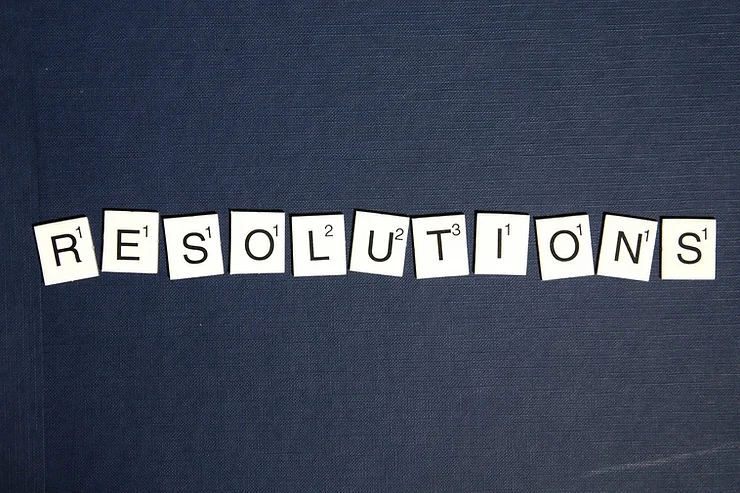Are you starting the new year wanting things to change?
As we embark on the new year many of us take the opportunity to reflect on the
previous twelve months, take stock of what’s been achieved and set goals on what we would like to be different over the next year.
We start with good intentions about all the changes we’re going to make but it
doesn’t always go to plan. But how often do you intentionally plan to do something different? If you want something to shift or change, if you carry on doing what you’ve always done then you’ll get what you’ve always got. It can be difficult to know where to start, or what to do differently.
Does any of the following sound familiar:
-
Are you lacking in energy and determination to make the changes?
-
Are there things outside your control which mean you just can’t make the changes you want to see?
-
Are you paralysed by the enormity of the goal you’re trying to achieve?
If you find yourself stuck and not able to make progress or are looking for inspiration on learning to do something differently, here’s some help to get you started.
Jim Kwik, renowned brain coach who specialises in accelerated learning strategies and cognitive techniques, has developed the 3M framework for helping you achieve goals and get the results you’re looking for.
The 3M model incorporates Mindset, Motivation, and Methods. It is focused on
helping you remove the limitations in each of these areas that are preventing you from moving from your current reality to your desired state.
Mindset
Your mindset is made up of the assumptions and attitudes you choose to believe. Self-limiting beliefs could be getting in the way of you taking control of your choices and taking responsibility to do something about getting towards your desired goals. Try examining your mindset from the following different angles to explore what might be holding you back:
-
Beliefs about something, for example, what are your assumptions about circumstances – do you automatically blame things outside your control or do you choose to acknowledge that things can be influenced?
-
Assumptions you hold about yourself, for example, do you place any limitations on what you believe is possible or what you’re capable of? Do your beliefs about what you deserve limit your behaviours and actions?
Motivation
You might have belief in your capability to achieve your goals, but is your motivation stopping you from getting going?
-
Purpose: How clear are you on the intention behind your goals? What are the reasons behind the change you are making? Can you clearly articulate and visualise the benefits – do you make time to celebrate the positive impacts and small wins along the way, as well as staying focused on the long-term advantages?
-
Energy: Getting clarity on your purpose could be the spark that ignites your engine and gets you enthused to act. Bolster your energy levels by engaging in regular movement, keeping yourself hydrated or having a go at deep-breathing exercises. Taking short breaks and stepping away from tasks can enhance productivity upon return.
Method
This aspect of the model focuses on the practical, actionable steps and strategies to effectively work towards goals. It involves smart goal setting, planning, time
management, and may also include skills development and knowledge acquisition, to ensure progress and success in achieving desired outcomes. Even with a liberated mindset and high levels of motivation, when the change you want to do seems too big to achieve it can be really daunting to actually get started.
The most valuable tip I can give you if you are stuck is to break things down into
small simple steps. Take care to focus your efforts on the most important things that you can control and have an impact on.
As we get better at achieving goals and making changes happen, the real challenge is figuring out how to make continuous growth a part of our everyday habits. Personal evolution is for life not just for new year’s resolutions!
I’ll leave you with a top coaching question in the words of Jim Kwik: “What’s the tiniest action you can take right now, that will give you progress, where you cannot fail?”





